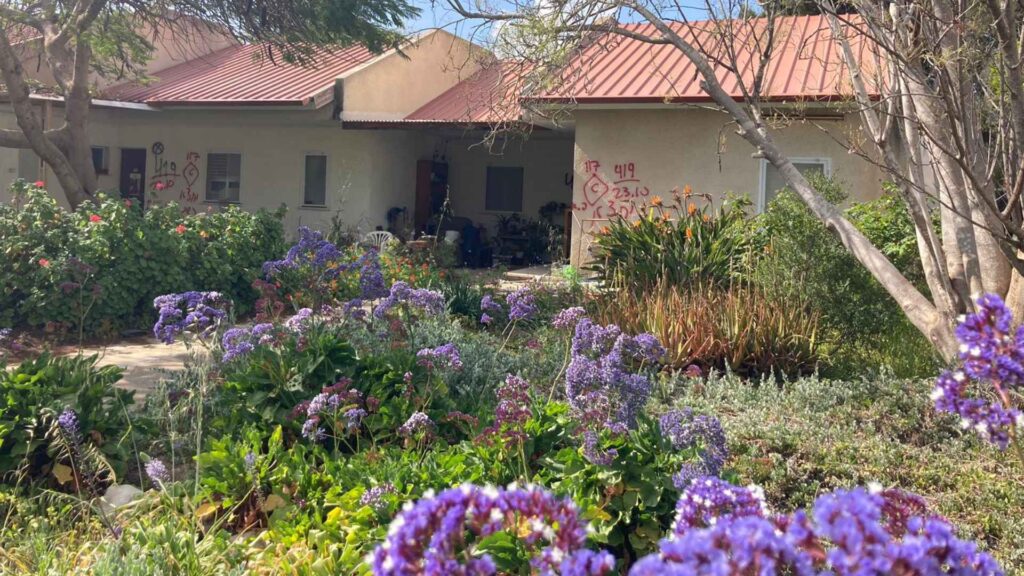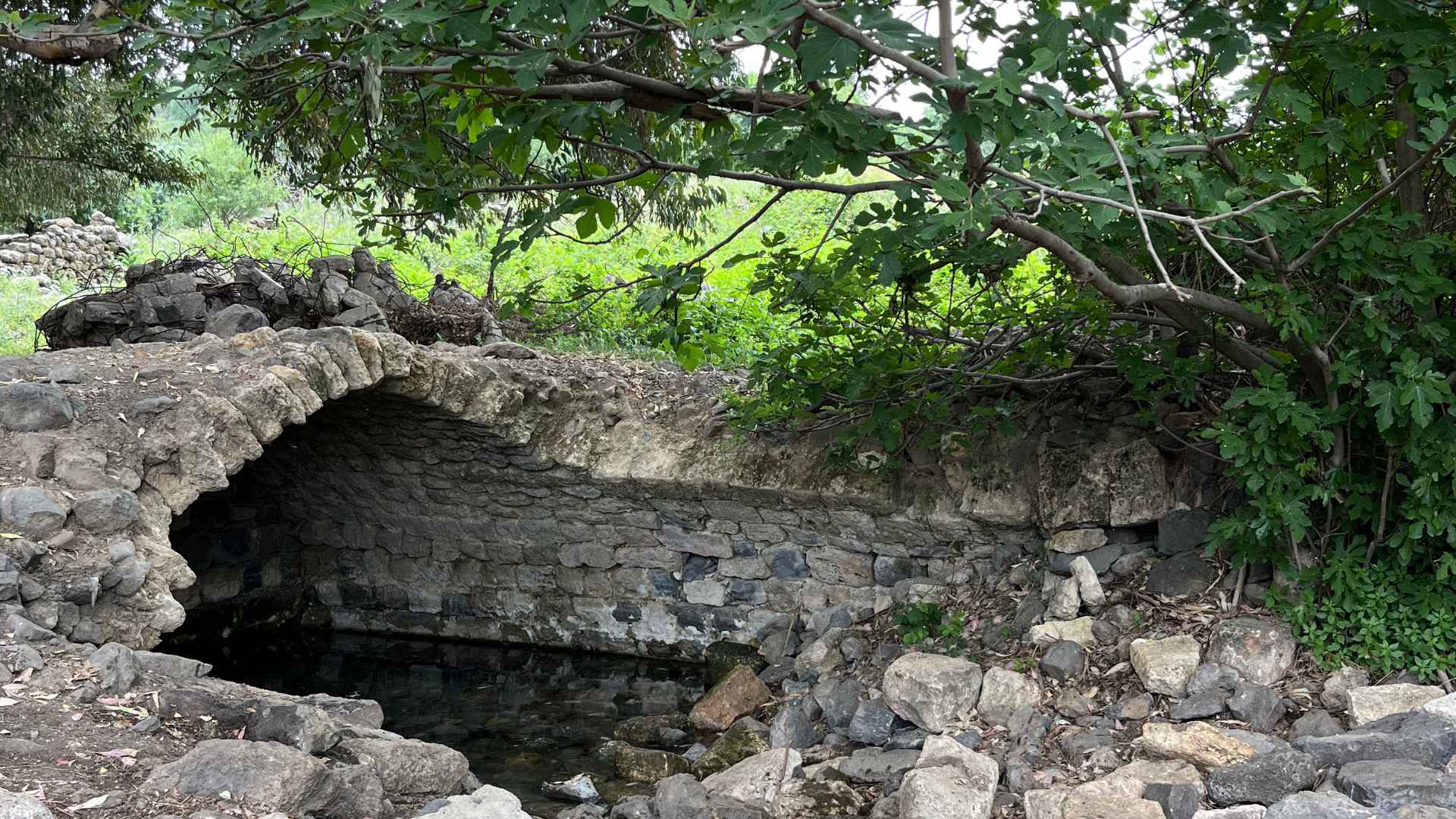The 18 billion NIS (approximately 5 billion US$) budget is being criticized by businesses and civil society organizations, a week before official publication, for ignoring the opportunity to boost jobs and local industries. Adam Teva V’Din is objecting to the decision to set up a parallel planning framework to manage rebuilding, despite the existence of an experienced Southern District Planning Committee.
Six months is a long time these days, and the awaited official plan for rebuilding destroyed homes, schools, businesses, agricultural areas in the communities around the Gaza strip is due out in a few days. The plan and the budget include the border town of Sderot.
Missed opportunities, misguided thinking
The National Manufacturers Association is up in arms because it believes the Tkuma plan does not relate to the post-war need to boost the local economy. They say that the plan relies on imported raw materials from Turkey, among other sources. Turkey has proven yet again its hostility to Israel over the last half year, and that now is the time to support local businesses and/or new sources.
Playing politics with the Planning?
“Already we are questioning the thinking behind the decision to appoint a new planning committee to oversee land use throughout the area,” notes Amit Bracha of Adam Teva V’Din.

“There is an established and experienced Southern District Planning Committee that knows the area and comprehends local people’s needs. The new committee is superfluous and, at this point, its members will not be professional planners or public representatives but employees of the Prime Minister’s Office and the Finance Ministry.”
Moreover, Adam Teva V’Din believes that the government should be utilizing local knowledge and expertise in the Southern District Planning Committee, which knows the area, the people, the land and their needs. At this point, it is unclear what role, if any, the Environmental Protection Ministry will play.
“What we do know, is that by duplicating a public institution and staffing it from two government agencies, the needs of the local people – those who have suffered most from the October war – are not being prioritized,” says CEO Amit Bracha. “The environmental challenges and the rebuilding of local communities should be the government’s foremost concern at this point. We will examine the plan and respond accordingly.”






